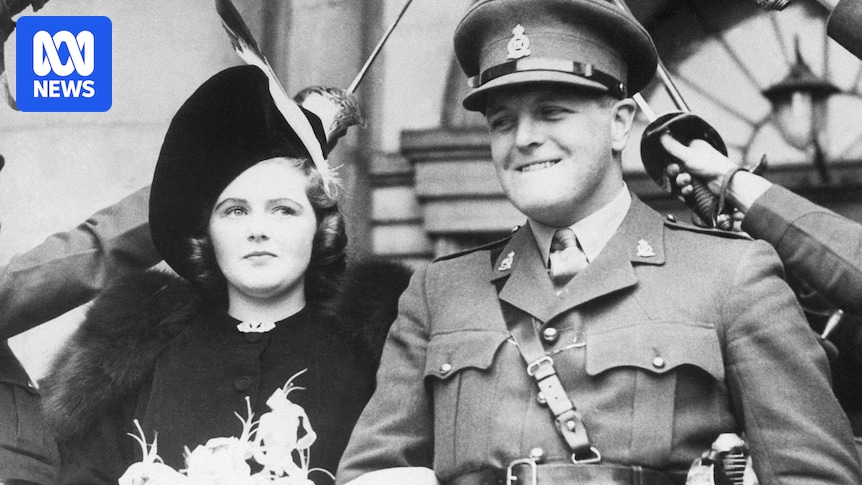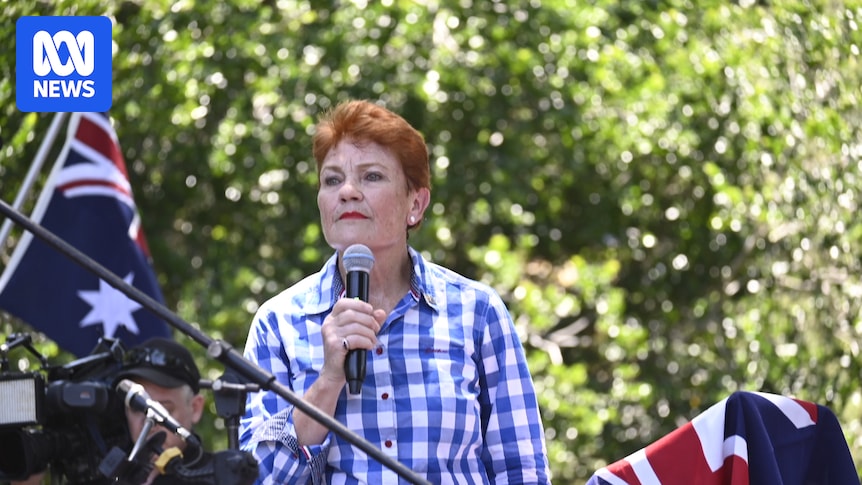
Pamela Digby was just 19 when she agreed to marry Randolph Churchill, the son of UK Prime Minister Winston Churchill, on the day they first met. Although their marriage was brief, it transformed her life and positioned her as a significant figure during World War II. Her unique relationship with the Churchill family saw her become a trusted confidante and an unofficial intelligence gatherer for the British war effort.
During the anxious nights of World War II, Pamela became a fixture at the Churchill household, where she was not just accepted but relied upon. Her ability to charm and gather intelligence from influential Americans, such as Roosevelt emissary Averell Harriman, proved invaluable. According to author Sonia Purnell, Pamela played a crucial role in strengthening the wartime alliance between the United States and the United Kingdom.
Pamela’s Role in Wartime Intelligence
Pamela’s marriage to Randolph Churchill was more than a personal union; it was a gateway into the heart of British wartime strategy. Isolated and embattled, Churchill’s Britain needed every advantage it could muster against Nazi Germany. Pamela’s charm and connections made her an asset in this effort. She reportedly seduced key American figures, extracting valuable intelligence to relay to Winston Churchill himself.
“She was [Churchill’s] secret weapon, she was incredibly helpful,” said Sonia Purnell, author of Kingmaker: Pamela Harriman’s Astonishing Life of Power, Seduction.
Pamela’s late-night visits to Downing Street, sometimes during air raids, underscored her commitment to the cause. Her ability to navigate the complex social and political landscapes of the time was unmatched, and she became an unofficial conduit of information between London and Washington.
A Life Beyond the Churchills
After her divorce from Randolph Churchill, Pamela’s life took several turns. Her early reputation as “the courtesan of the century” evolved as she became a key player in American politics. Her marriage to Averell Harriman, decades after their wartime affair, marked her entry into the Democratic Party’s inner circle. Together, they raised significant funds for the party, influencing its direction for years to come.
Pamela’s influence extended beyond fundraising. Her Virginia estate became a hub for Democratic strategists, and her efforts helped pave the way for Bill Clinton’s presidency. In recognition of her contributions, Clinton appointed her as the U.S. ambassador to France, a role she embraced with vigor.
The Legacy of Pamela Harriman
Despite her accomplishments, Pamela’s legacy remains divisive. Admired by some as a savvy diplomat and political strategist, others dismissed her as a socialite who leveraged her relationships for personal gain. Her final years in Paris as a diplomat were marked by her dedication to international issues, including trade and NATO’s role in Bosnia.
“She finally did something so splendidly on her own,” Purnell remarked about Pamela’s diplomatic achievements.
Pamela Harriman passed away in 1997, leaving behind a complex legacy. French President Jacques Chirac honored her as a “peerless diplomat,” and her funeral in Washington, D.C., was attended by many of the world’s political elite. Yet, whispers of her past persisted, with some critics continuing to view her through the lens of scandal rather than achievement.
In the end, Pamela Harriman’s life was a testament to the power of influence and the intricate dance of politics and personal relationships. Her story, as recounted by Purnell and others, challenges the traditional narratives of women’s roles in history, reminding us of the multifaceted contributions they have made, often behind the scenes.







